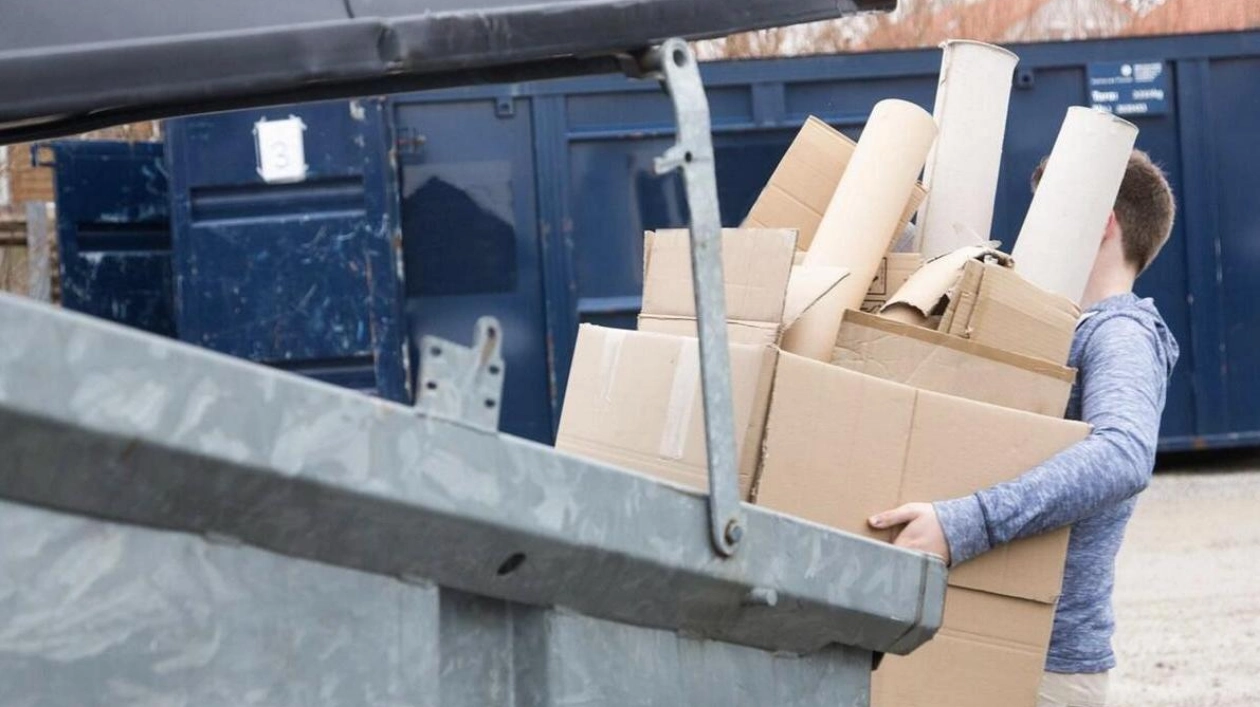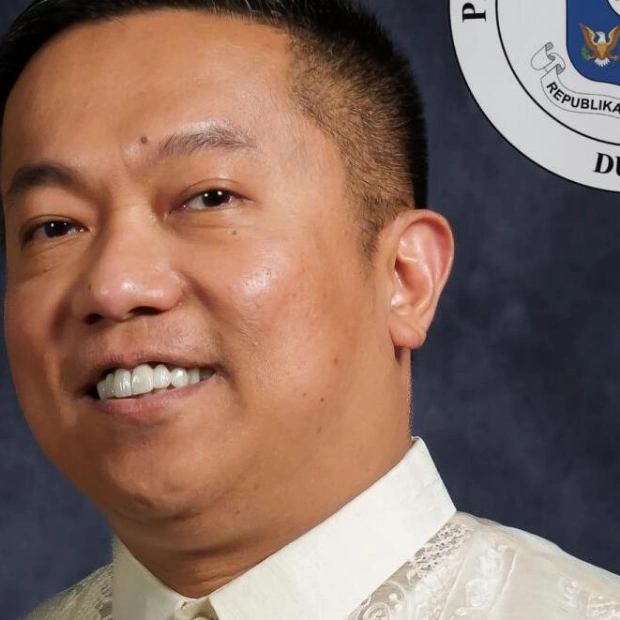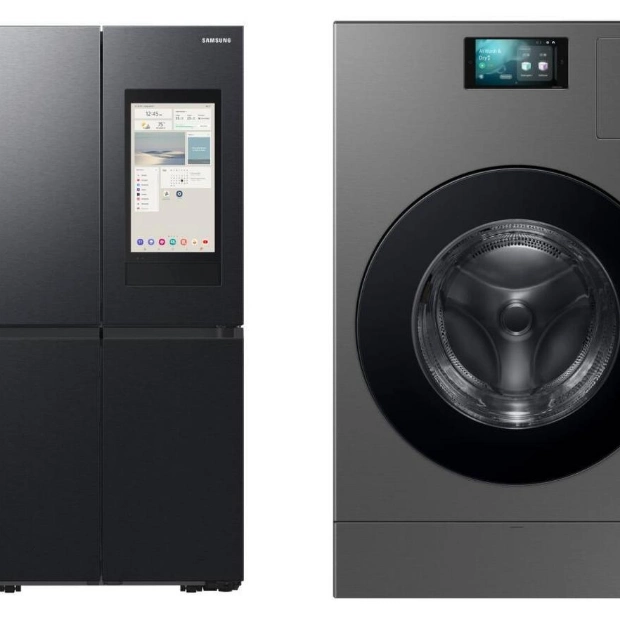The Ministry of Climate Change and Environment (MOCCAE) announced on Sunday that a pilot project based on the principles of Extended Producer Responsibility (EPR) is currently in development and is set to launch soon. The EPR framework is integral to addressing environmental challenges, promoting integrated waste management, and advancing the circular economy for sustainable economic growth.
The framework is rooted in Article (5) of Federal Law No. 12 of 2018 on Integrated Waste Management, which mandates that "both the waste producer and supplier shall be responsible for accepting the returned products and the waste after use, as well as the financial costs resulting therefrom, as determined by the Executive Regulation of this Law".
Alia Abdul Rahim Al Harmoudi, assistant undersecretary for the sustainable communities sector at MOCCAE, emphasized that the EPR Framework aims to enhance private sector participation in waste management and optimize product utilization. "This initiative contributes to higher waste treatment rates, reduces reliance on landfills, and advances the circular economy and its applications. It seeks to cultivate a culture of collaboration between companies and the community by promoting shared responsibility for safeguarding natural resources," she said.
Al Harmoudi further explained that the EPR is a pivotal initiative under the UAE Integrated Waste Management Agenda 2023-2026, which assigns manufacturers the responsibility for managing the entire lifecycle of their products. "This approach ensures that producers take full responsibility for the environmental impacts of their products and manage post-consumer waste through recovery programs, waste treatment, and final disposal," she added.
The EPR Framework primarily targets three product categories: packaging materials, electrical and electronic devices, and batteries. The Ministry has collaborated extensively with public and private sector partners, including the Ministry of Economy, the Ministry of Industry and Advanced Technology, environmental authorities, producers, retailers, and waste management service providers, to design and implement a comprehensive, nationwide EPR system.
Source link: https://www.khaleejtimes.com






